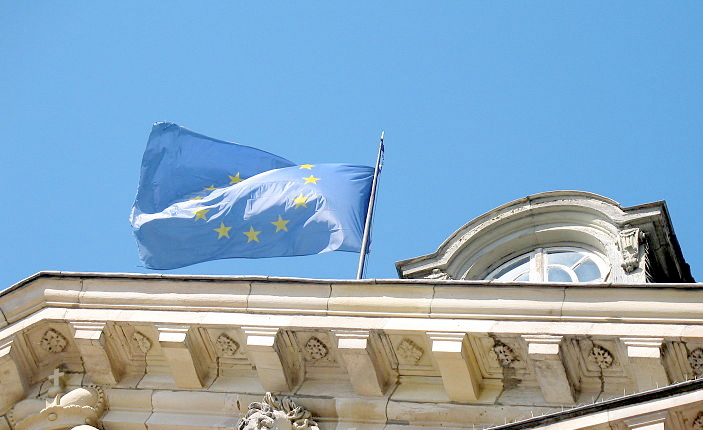
The EU must re-think its stance on modern, science-based agriculture or risk a food crisis with 'potentially devastating humanitarian consequences', the Crop Protection Association warned.
Global food prices have returned to high levels as the Food and Agriculture Organisation's global food price index increased last month. Extreme weather conditions hit harvest prospects in many parts of the world, prompting fresh fears of a return to the food riots and export bans of 2008.
FAO reported a 6% rise in the global food price index in July, citing untimely rains in Brazil, drought conditions in the United States, and production difficulties in Russia as major factors.
According to FAO, cereal values increased by 17% and sugar prices rose by 12%, while extensive drought damage in the US pushed maize prices up by almost 23% in a single month.
“With heightened concern over the combined impact of population growth and climate change on global food security, these latest statistics from FAO should serve as a wake-up call to Europe’s policy-makers,” said CPA chairman Stephen Henning.
“As one of the world’s major food producing economies, the EU has significant capacity to influence global food prices and availability, but we are at risk of sleep-walking into a food crisis unless current policies that impede or restrict production-boosting technologies are reversed.
“Innovations in plant science, for example, from novel crop protection products to improvements in the plants they are used on, offer major opportunities for Europe’s farmers to deliver sustainable gains in agricultural productivity. Yet such advances are discouraged by a seemingly anti-productive farming policy agenda in Brussels.”
“This latest spike in global food prices highlights the fragility of the world’s food supply base, and sends a clear message to policy-makers of the need to embrace developments in agricultural science and innovation to ensure production can keep pace with burgeoning demand,” said Mr Henning. “Doing nothing is not an option.”
